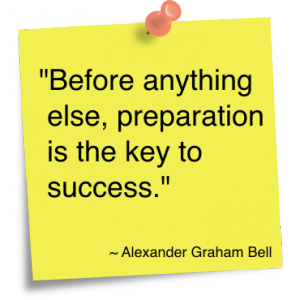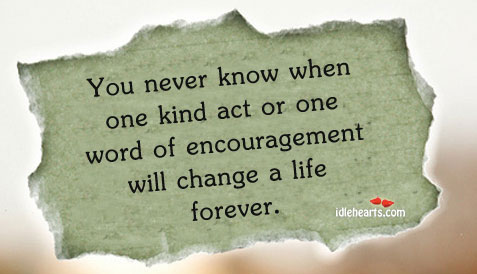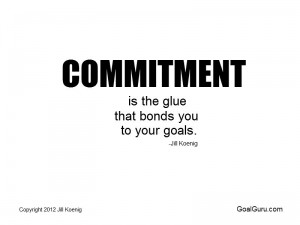Here are eight things to do during an argument, conflict, debate, or discussion. These eight things will help you get successful positive results
Take A Timeout
If the argument becomes too emotionally taxing or emotionally abusive, it can help a lot to just take a time out until either party regains control of their emotions.
Even if the argument hasn’t become emotionally taxing, sometimes you get to a spot where each person needs to consider the other persons points and this can be a great time for a break. When you come back at it in a few hours you’ll both have reconsidered your position and be able to better come to some type of mutual understanding.
Leonardo Davinci was quoted saying the following:
“Every now and then go away, have a little relaxation, for when you come back to your work your judgement will be surer. Go some distance away because then the work appears smaller and more of it can be taken in at a glance and a lack of harmony and proportion is more readily seen.”
By stepping out of the fight and going away for a little while you can see things more clearly when you return.
Prepare For The Argument
Don’t hop into an argument on a whim with emotions running high, take time to prepare for it. Ask yourself important questions, like what specific goal do you want to accomplish? What problem do you want to solve?
Basically, what’s the purpose of your argument. If you determine that there is nothing specific you want to happen from the argument and you’re just venting then go buy a boxing bag because you should never engage into an argument with someone just for the sake of clearing your mind at the expense of someone else. I’m sure you have plenty of friends that would listen to you vent.
Visualize the argument and think of what you’ll say and how to begin it so you cause the lease amount of damage.
If You’re Going To Criticize
No one likes unsolicited criticism. Some people can handle it and make the best out of your suggestions but others become defensive and feel like they are being attacked. If you have to criticize it’s recommended you use the sandwich technique which you’ve probably heard of before.
Start the argument with positive statements about the person and what they do that you like, deliver the criticism in the least offensive way, and follow up with more positive statements.
This may or may not prevent you from getting drop kicked in the face, however, it’s a lot better than just coming right out and saying something about the person.
Encourage And Praise
They say behind the rise of every successful man is a woman, and behind the fall of every successful man is usually another woman.
Now as funny as that may be, there is truth to it. Being positive, supporting, and encouraging others has helped many people do things they wouldn’t have otherwise done. They have inspired and allowed people to raise themselves to all new levels, accomplishing a great many things…well not all are so great men waged war and did many other stupid things in our history just to impress a woman.
Adding as many positive or encouraging things, especially relevant to the issue at hand will have tremendous benefits in avoiding conflict and accomplishing a goal.
Be Willing To Accept Partial Or Progressive Solutions
The likelihood of anyone getting their exact way in an argument isn’t very likely so be prepared to accept alternative arrangements. Maybe something that isn’t precisely but you want but is a step closer to getting there. This is called compromise.
This person may not be able to change their behavior or fix a problem on the spot and it may take time to do so. A progressive solution can help you achieve a full solution to your problems.
Ask Them For Advice
Oftentimes you’ll find that the reasons a problem exist are because of how the other person has interpreted or reacted to things that you’ve done.
Asking them for a solution to a problem you’re having instead of telling them they have a problem will infinitely improve your odds of solving the problem.
It shows that you are acknowledging that you have a problem that you’re taking responsibility for and you’re asking for their help in solving this problem together as a team.
Perhaps you don’t like your spouses guys night out because it entails a lot of destructive behavior, you may come to find out that he doesn’t like your girls night out for the same reasons. This can lead to a discussion and some compromise, you may find in the end that some things other people do rely heavily on what you do around or to them.
Don’t Retaliate
Instead of becoming defensive and attacking someone back who attacks you, why not just ask them what you did that made them so upset?
Fighting back isn’t going to do a shred of good unless you want to get into a shouting match with someone where you say a lot of things you’re going to regret later.
Why not take responsibility by suggesting that you are at fault for their reaction and working to solve what you did to stop them from reacting in such a way. Once you accomplish that then you can proceed into the real issues.
Reassure Them Of Your Commitment
Whenever possible always reassure the person you’re about to argue with of your commitment to them and building a stronger relationship.
By demonstrating that you are committed to them then they don’t have to consider the fact you may be trying to leave or you might be trying to get closure in something. No one likes the final arguments or debates.
By restating your commitment in building a stronger relationship you can use that as a reason why you find it very important to solve the current problem or conflict. You can stress that solving it will help you strengthen the bond you have.
Related Posts:








Enormously codependent advice!! No, don’t kowtow to bullies and take blame just to keep peace. Hell no!